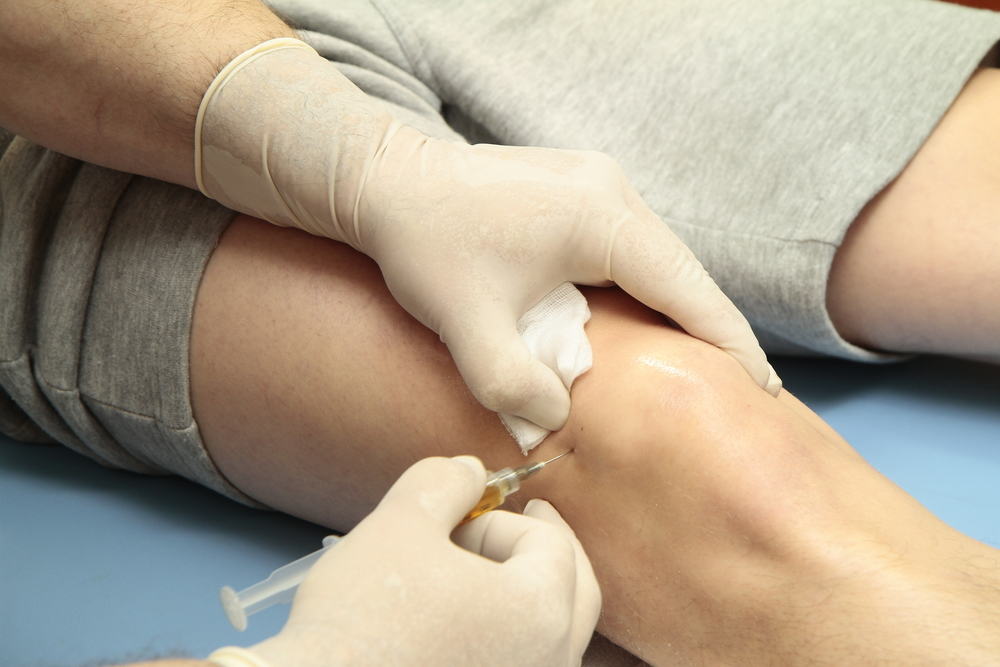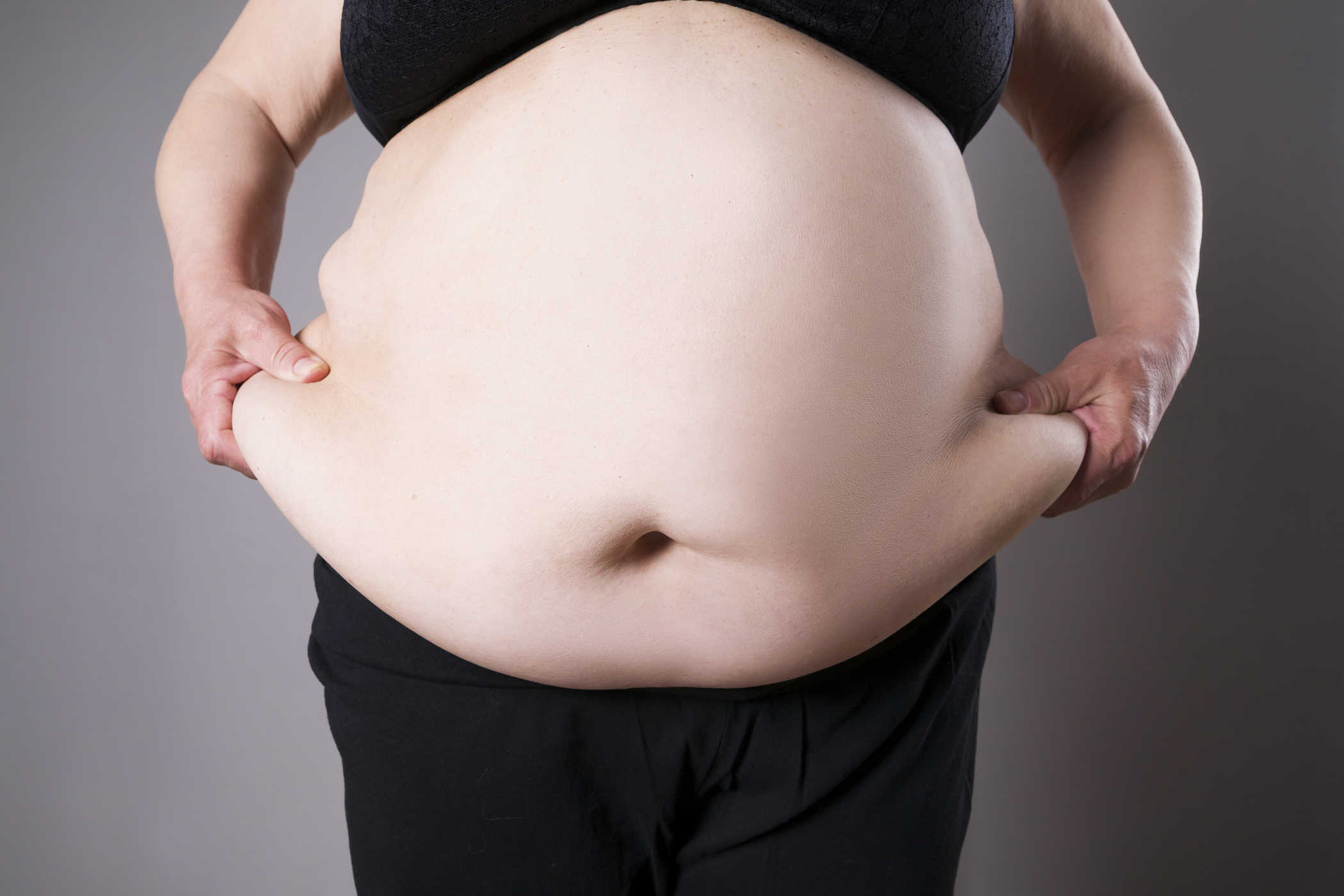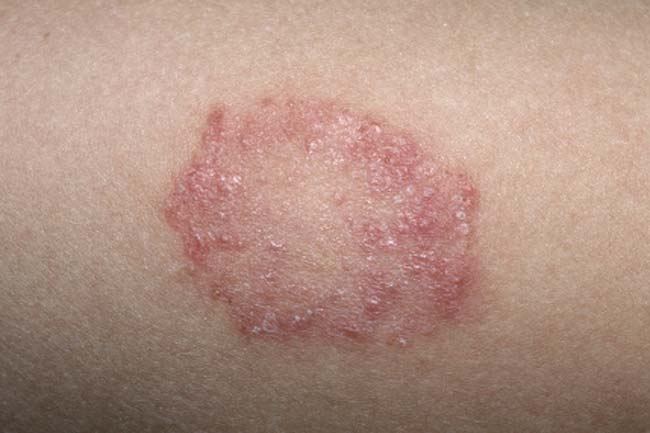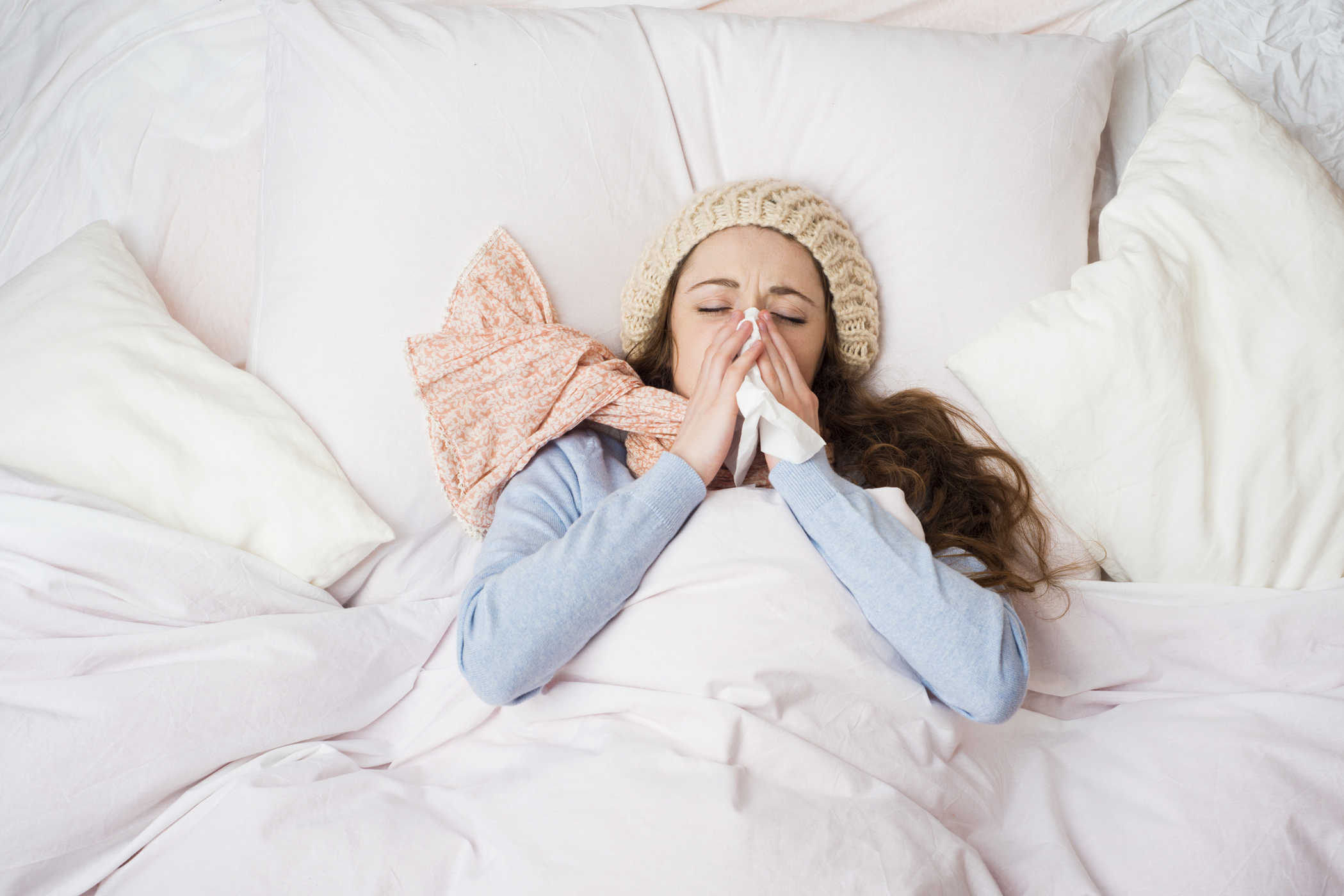Contents:
Medical Video: Birth Control Pills
There are several scenarios where you might want to use an emergency birth control pill, aka the morning after pill: maybe your condom is damaged, or you forget to take your birth control pill, or you miscalculated your ovulation cycle. The Morning After Pill is fast therapy: You only need one pill to prevent pregnancy.
An emergency birth control pill contains 1.5 milligrams of levonorgestrel - a low dose of levonorgestrel found in many birth control pills. Only a few know that you don't really have to wait until the morning after sex to use this emergency contraception. Emergency contraception will be more effective the faster you consume it. In any case, the efficacy of this drug will be maximized if consumed in the first 72 hours after unprotected sex, up to five days later, to prevent unwanted pregnancies.
How do you work emergency birth control pills in the body?
Alias emergency birth control pill morning after pill can work with one of these methods (like regular birth control pills):
- Change your menstrual cycle; or
- Inhibits ovulation, which means the egg will not be released from the ovary; or
- Irritating the lining of the uterus so that it prevents implantation
Fertilization (the union of egg and sperm cells) occurs in the fallopian tube, and fertilization marks the starting point of the life of the prospective baby - aka the beginning of pregnancy. Zygotes (fertilization results) combine to form new cells which then descend into the uterus to attach as embryos. Implantation is needed so that prospective fetuses can receive food from the mother and continue to grow. The trip down from the fallopian tube to the uterus takes 5-7 days, and during this period, the pregnancy cannot be detected immediately.
When you take an emergency birth control pill after the fertilization process has taken place, the third mode will take over its role as a preventive pregnancy. The structure of the lining of the uterine wall can be changed by this pill, causing the female body to reject the arrival of the embryo, making implantation impossible to occur.
Emergency birth control pills are not the same as abortion drugs. Birth control pills do not work to cause miscarriages or abortions, because new human formation has not begun at this stage (prospective embryos are still a collection of cells). In other words, morning after pill does not stop the development of the fetus after the fertilized egg attaches to the uterus. So this emergency contraception will not work if you are already pregnant when you use it. Emergency birth control pills will also not prevent pregnancy if a woman returns to having unprotected sex after taking it.
How effective is the use of emergency birth control pills to prevent pregnancy?
Emergency birth control pills are non-prescription oral contraceptives that are easily accessible. You may use this emergency contraception if:
- You don't use any contraception
- Condoms damaged or torn
- Loose molos diaphragm comes out
- You miss your regular birth control pill schedule at least 2-3 times in a row
- You forget to insert a contraceptive ring or attach a hormone patch
- Your partner ejaculates inside
- You have other reasons why your family planning doesn't work
- You are forced to have sex
Remember: an emergency birth control pill will not effectively protect you from an unwanted pregnancy if you have sex again after drinking it.
How do you use emergency birth control pills?
You need to take it as soon as possible after having unprotected sex. If you take pills within 1 x 72 hours after unprotected sex, an emergency birth control pill can reduce the risk of pregnancy by 89 percent. If you take emergency contraception within 24 hours of having sex, its effectiveness jumps to 95%.
But you should know that this pill is not as effective as regular contraception. So, don't use it as the main form of controlling your pregnancy. In addition, emergency birth control pills do not protect you from sexually transmitted diseases. Think of it as a backup - not for routine use. That's why this pill is called an emergency birth control.
Don't use emergency birth control pills, if:
- You know you are pregnant or are likely to get pregnant
- You have a history of allergies or hypersensitivity to the drug content in the pill
- You have a history of abnormal vaginal bleeding that has not been diagnosed by a doctor
- You weigh more than 75 kilograms
Are there any side effects from taking an emergency birth control pill?
Emergency oral contraception is considered safe for most women. However, not a few women who report experiencing side effects such as nausea, breast pain, dizziness, headache, and fatigue quickly after taking this pill. Some side effects are usually rare, and most only last 1-2 days. If you vomit within two hours of taking a pill, visit your doctor to find out if you have to repeat the dose.
You may also experience irregular menstruation or vaginal bleeding after using an emergency birth control pill. If the bleeding lasts more than a few days and begins to flow more profusely - not more subside - contact your doctor.
READ ALSO:
- How to Prevent Pregnancy with the Calendar System
- How to plan a pregnancy after birth control pills?
- 10 Reasons That Make You Need to Postpone Pregnancy












